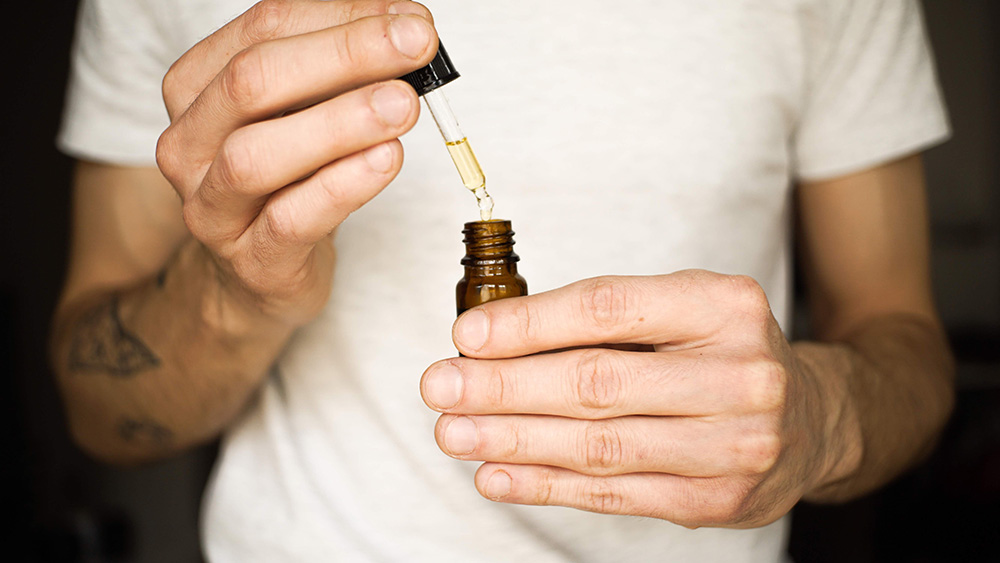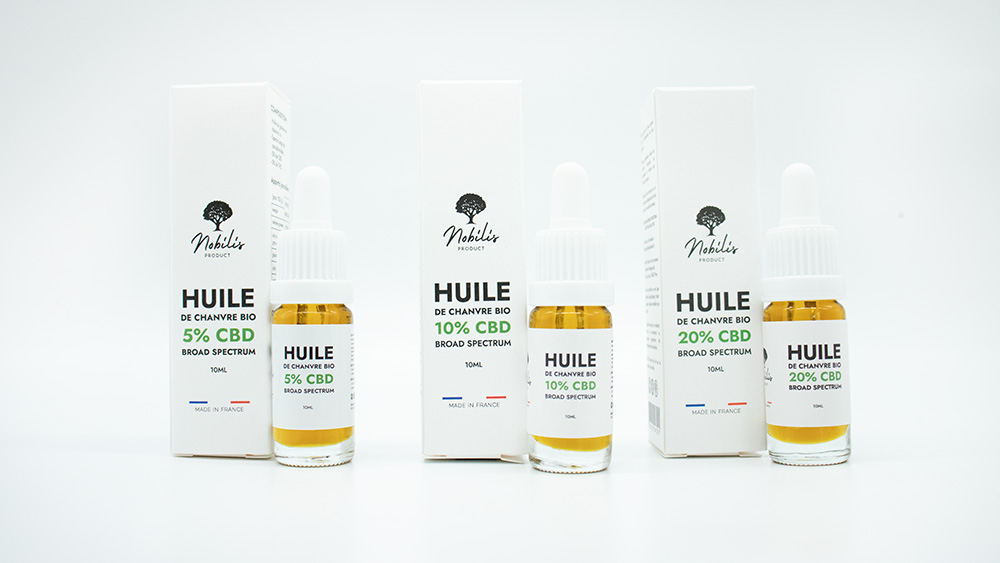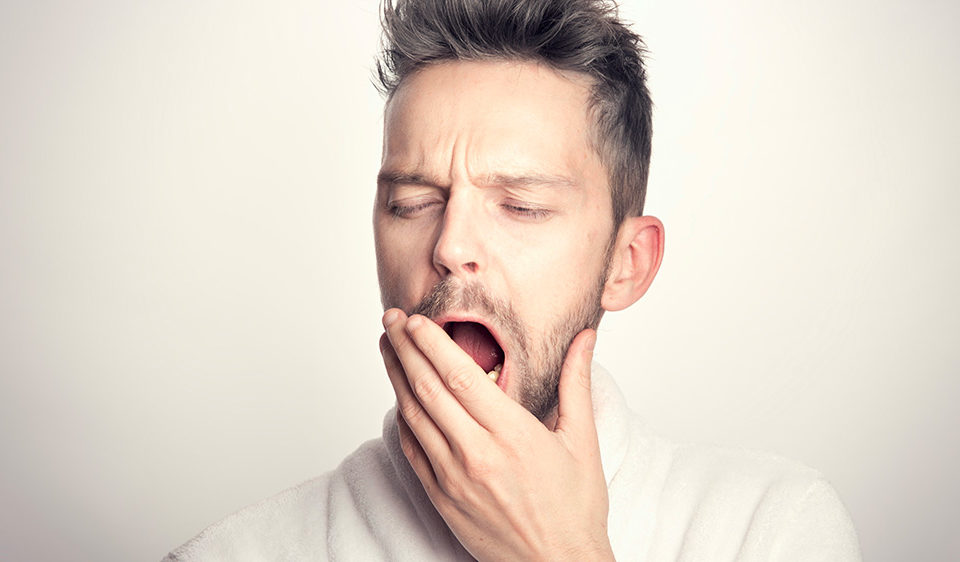
CBD oil for wrinkles and anti-aging: Benefits for the skin and how to use it?
July 6, 2023
Dosage of CBD oil: what dosage is needed to feel the effects?
July 6, 2023As more and more health-conscious consumers seem convinced of the benefits of daily CBD oil supplementation, a common question arises among new users: what's the best time of day to take CBD oil?
Does it matter when you take your dose?
The amount of CBD and the time of day can actually affect your reaction to CBD oil. That's why scheduling your CBD intake helps maximize its effectiveness.
In this article, we'll first look at the different times of day to consume CBD oil, then discuss the different dosages. Finally, we'll look at how to use the different forms of CBD to best advantage.
What's the best time of day to take CBD?
The best time of day to take CBD oil is the one that provides you with the best results for your personal situation.
Many people choose to take it in the morning, using lower doses to improve concentration and calm the nervous system.
Others take CBD oil at night to bring them calm and relaxation before going to bed.
As just mentioned, some people take CBD as a daily supplement to maintain higher concentrations of endocannabinoids in their circulatory system.
Here's an overview of the different times of day to take CBD oil - as well as a quick digression on CBD's effects in the morning and evening.
Best time to take CBD: Effects of cannabidiol in the morning
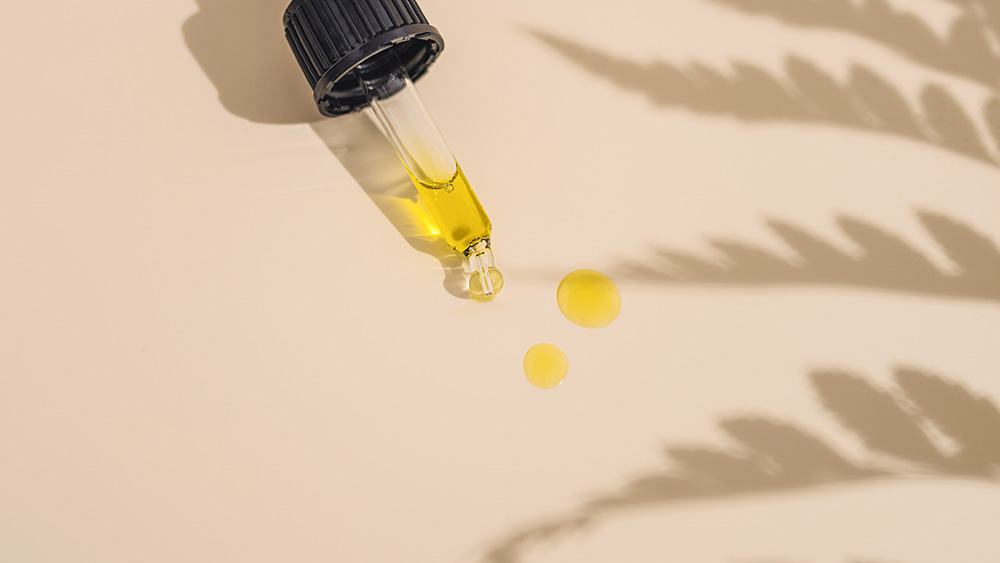
- Taking CBD in the morning to improve concentration
CBD can help you gather your thoughts and improve cognitive performance when you're battling brain fog in the morning.
Although it won't stimulate your brain receptors like caffeine, it will help support a healthy state of balance in the nervous system, inducing a sense of calm.
This will enable you to concentrate better throughout the day, contributing to a healthy circadian rhythm.
- Taking CBD in the morning to relieve stress
Sometimes, life has surprises in store. If you suffer from frequent bouts of stress and anxiety that are hard to control, CBD can modulate the function of your GABA receptors, slowing down an overactive nervous system.
CBD also acts on serotonin receptors and ensures stable concentrations of the endocannabinoid in your body, contributing to a better response to stress.
- Taking CBD in the morning to relax muscles
When your body feels sore or tense, whether from an all-nighter or an intense workout, you can take CBD in the morning to ease the aches and pains.
We recommend using a topical product in combination with CBD oil to curb flare-ups of inflammation. Rubbing a CBD cream or ointment on the skin can also help combat localized pain.
- Take CBD in the morning to improve your physical endurance
Your warm-up routine can benefit from adding a CBD warming salve or taking CBD oil before you work out. This helps warm up the muscles.
Best time to take CBD: Effects of cannabidiol at night
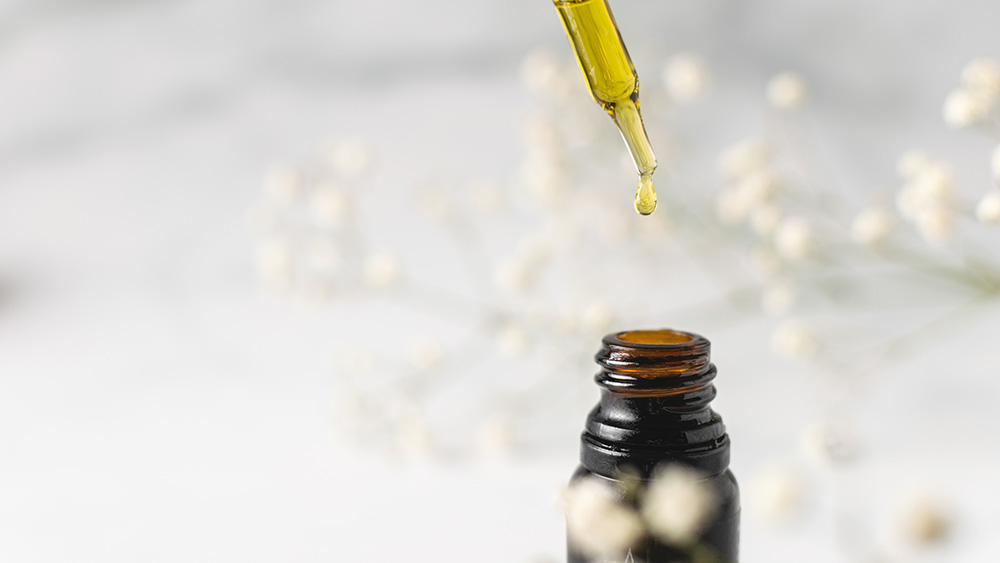
- Taking CBD in the evening to relax after a long day
If you're drained of energy after a long day at work or have an important event coming up, CBD is a great tool to get your mind back in the right mood for the evening.
High doses of CBD in the evening facilitate slower breathing and calm the mind, helping a person fall asleep faster.
- CBD in the evening for better management of sleep cycles
Using CBD oil for sleep is one of the most common reasons people choose this type of herbal supplementation.
Cannabidiolinteracts with our sleep cycles using a multi-faceted mechanism to modulate the activity of different sleep stages.
For example, CBD can help us fall asleep faster and reduce REM stage disorders characterized by jerky body movements, tremors and vocalizations.
CBD can also prolong our deep sleep stage, resulting in more efficient regeneration.
- CBD in the evening for relief from anxiety triggered by thoughts of escape
The number of stimuli and the amount of information we are exposed to throughout the day can have an impact on the performance of your nervous system.
The brain becomes so wired that it's hard to slow down after a whole day of processing different data.
The flood of thoughts that accompanies sleepless nights doesn't help either. Taking CBD oil at the end of the day can help curb the flow of thoughts and ensure a calm state of mind before you fall asleep.
When to take CBD (by product type)
The method of consuming CBD oil is as important as the time of day you take it.
Vaporization and sublingual use produce faster effects and deliver more CBD to your system than oral products such as capsules and gum.
On the other hand, the latter are better suited to people who want to program their supplementation and are looking for longer-lasting effects, despite a delayed effect and lower bioavailability.
What's the best time of day to take CBD sublingually?
CBD oil taken under the tongue is absorbed through a dedicated mucous membrane in the mouth. This form of CBD supplementation avoids first-pass metabolism in the liver, guaranteeing faster effects than oral forms.
It usually takes up to 30 minutes before you notice a calming sensation, so it's much easier to program your routine.
You can start by taking ½ or 1 ml of full-spectrum CBD oil in the evening and continue with 1 or 2 doses throughout the rest of the day to maintain constant CBD levels in the blood.
If you feel no effect after 5 to 7 days, increase the dose and continue for another week, monitoring your progress.
What's the best time of day to take CBD orally?
Oral forms of CBD have a slower effect than sublingual products, as they have to pass through the gastrointestinal tract.
Effects generally appear within 30 to 90 minutes. They vary according to the time of day, your metabolism and whether you took CBD after a meal or on an empty stomach.
The best time of day to take CBD capsules and gummies is in the evening, about 2 hours before going to bed, when you can sleep through the night.
If you take CBD in the morning, you can use the same two-hour window, but with a lower dose.
What's the best time of day to vaporize CBD?
When you vaporize CBD oil, it is absorbed into the bloodstream through the lung tissue.
The effects of cannabidiol are perceptible within minutes of inhalation , and can last up to 4 hours.
The best time to take CBD vapes is when you're going through a stressful or anxiety-provoking situation, which you want to relieve immediately.
What's the best time of day to use topical CBD products?
Topical products, such as CBD creams, salves and gels , are used to treat localized pain. This means there's no better time to use them.
CBD, applied directly to the skin, does not pass into the bloodstream: the molecule interacts directly with cannabinoid receptors in the epidermis.
CBD oil dosage: why use cannabidiol?
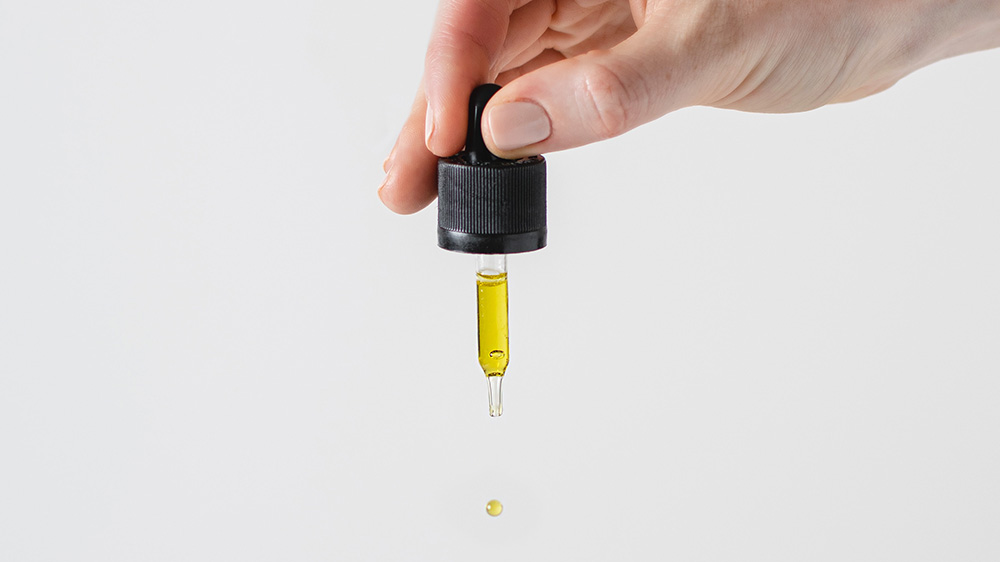
How often you take CBD oil depends on certain individual factors and your personal goals with cannabidiol.
That said, many people decide to take daily CBD supplementation to support their endocannabinoid system and thus help maintain their body's homeostasis.
Daily use of CBD oil leads to a steady level of natural endocannabinoids in your body.
Depending on the type of CBD, the amount absorbed, the format of the product and any other factors affecting absorption, the effects of cannabidiol can take between 5 and 90 minutes to manifest themselves.
How long CBD will stay in your system is affected by :
- Body fat percentage
- total body weight
- Your product's potency (CBD content)
- Frequency of use
Some users prefer to divide their dosage into several small amounts throughout the day to ensure a constant flow of endocannabinoids in their blood.
How much CBD oil should you take?
The optimal dosage of CBD for each person will be slightly different - depending on theform of administration, individual body chemistry, and the type and severity of the health problem they wish to treat.
CBD doses are measured in milligramsand can range from 1 mg up to 300 mg per day in extreme situations. The main factor determining the effectiveness of your dosage is the method of administration.
For example, CBD oil or vaporizer pens deliver CBD faster and more effectively, but the effects are shorter-lived than with other products.
On the other hand, oral forms such as capsules and gummies offer lower bioavailability and a delayed effect, but cannabidiol's potential benefits last longer, as the molecule is gradually released into the bloodstream.
With topical products, you can relieve localized pain by applying CBD to the skin as needed.
The best way to determine your optimal CBD dosage is by trial and error - starting with a small dose and gradually increasing until you feel the desired effects.
You can use the table below to assess the right dosage for yourself depending on the type of effects you are trying to achieve:
| Weight group | Mild effects | Average effects | Strong effects |
|---|---|---|---|
| 10 - 20 kg | 6 mg | 9 mg | 12 mg |
| 20 - 40 kg | 9 mg | 12 mg | 15 mg |
| 40 - 70 kg | 12 mg | 15 mg | 18 mg |
| 70 - 110 kg | 20 mg | 25 mg | 30 mg |
| + 110 kg | 25 mg | 30 mg | 45 mg |
Key points to remember about the best time of day to take CBD
Determining the best time of day to consume cannabidiol for each individual is proving to be an almost impossible mission.
Indeed, as we've mentioned throughout this article, there are no general rules: taking CBD must be done according to each personal situation.
You can, however, use the above information to determine what's best for you: based on the type of CBD, the schedule you take it, the dosage administered - all with a view to maximizing the results of your supplementation.
Experiment with different dosages and schedules, and listen to what your body tells you.
Note how you feel after each dose and keep a diary of the results.
Remember to always order CBD oil from a serious supplier who uses organically grown hemp and tests their products in a third-party laboratory to verify CBD content and purity.
This will help you make an informed decision, while avoiding companies that try to make easy money on the backs of unaware customers looking for a quick fix to their health problems.
What do you think is the best time of day to take CBD oil? Let us know in the comments!

